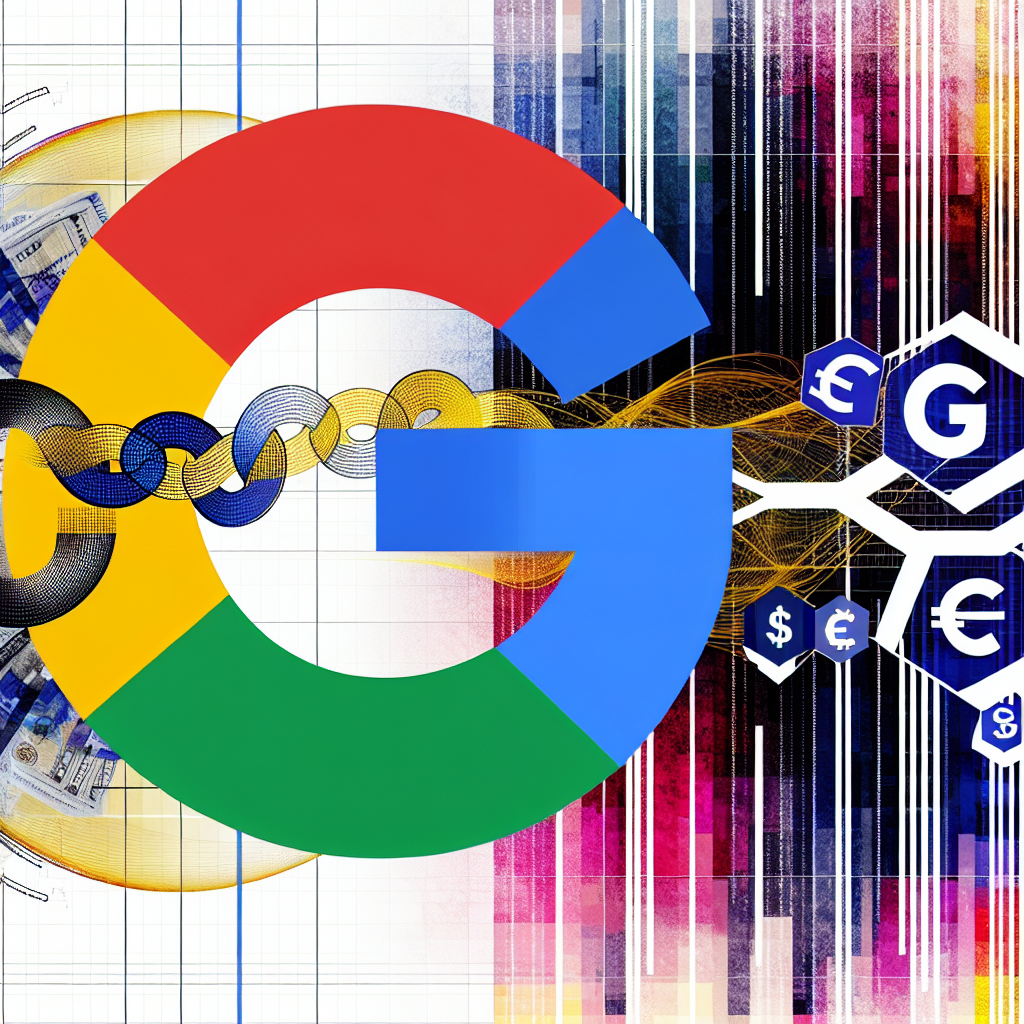Google Cloud has made a significant move into blockchain infrastructure with the introduction of the Google Cloud Universal Ledger (GCUL), a Layer 1 network aimed at facilitating quicker payments and settlements globally.
This initiative positions Google in alignment with global financial organizations seeking efficient solutions for managing digital currencies and tokenized assets.
The network is presently functioning on a private testnet, with additional technical information to be shared soon.
What is GCUL?
Rich Widmann, who oversees Google’s Web3 strategy, describes the product as a neutral layer. He emphasized that institutions are unlikely to embrace payment blockchains controlled by their direct rivals, but GCUL’s structure permits any bank or processor to engage without relinquishing control.
He stated:
“GCUL serves as a neutral infrastructure layer. Tether wouldn’t utilize Circle’s blockchain – and Adyen is unlikely to adopt Stripe’s blockchain. However, any financial institution can innovate using GCUL.”
In this context, the company mentioned that GCUL is designed as a foundation for implementing new financial services and capital markets.
The system aims to streamline account management while providing banks and intermediaries with tools to automate intricate transfers by placing commercial bank money and digital assets on a unified ledger.
In contrast to public blockchains that depend on fluctuating gas fees, GCUL is delivered as a service accessed via a single application programming interface (API).
This model eliminates the necessity for participants to maintain their infrastructure while ensuring predictable costs through monthly billing.
GCUL uses
Google clarified that the network is built to accommodate various currencies and asset types, enabling users to connect without significant technical complexity.
The ledger is programmable, allowing institutions to create payment automation and digital asset workflows directly on it. Wallet integration is available, and transactions adhere to compliance mandates such as know-your-customer (KYC) verification.
The system assures end users low-cost, nearly instantaneous transactions at any time. For banks and payment providers, it alleviates reconciliation burdens, mitigates fraud risk, and simplifies compliance.
Google mentioned that these efficiencies should empower institutions to allocate more resources toward product innovation while maintaining control over customer relationships and regulatory obligations.
Google revealed that GCUL will accommodate Python-based smart contracts, already tested in a pilot for tokenized assets with CME Group.



